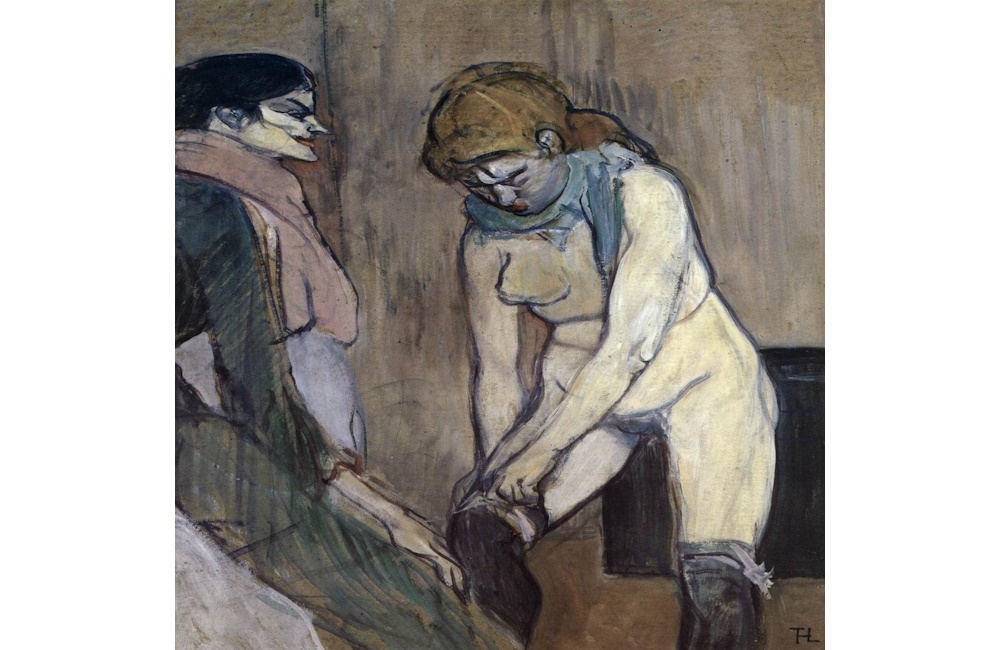Sahih al-Bukhari 5079, Book 67, Hadith 17
Narrated Jabir bin `Abdullah:
While we were returning from a Ghazwa (Holy Battle) with the Prophet, I started driving my camel fast, as it was a lazy camel. A rider came behind me and pricked my camel with a spear he had with him, and then my camel started running as fast as the best camel you may see. Behold! The rider was the Prophet himself. He said, ‘What makes you in such a hurry?” I replied, I am newly married ” He said, “Did you marry a virgin or a matron? I replied, “A matron.” He said, “Why didn’t you marry a young girl so that you may play with her and she with you?” When we were about to enter (Medina), the Prophet said, “Wait so that you may enter (Medina) at night so that the lady of unkempt hair may comb her hair and the one whose husband has been absent may shave her pubic region.
In this Hadith, the Prophet Muhammad is depicted during a journey with his companions, returning from a battle. As they travel, one of the companions is driving his camel quickly to keep pace, and the Prophet, who follows behind, pricks the camel with a spear to make it run faster. When the companion asks why he is in a hurry, he explains that he is newly married.
The Prophet then inquires whether the companion married a virgin or a matron. When the companion responds that he married a matron, the Prophet humorously suggests that he should have married a young girl instead, so that they could have played together. This remark reflects the cultural norms of 7th-century Arabia, where marrying younger individuals was common and often seen as beneficial for companionship and playfulness.
The Prophet also advises waiting until nightfall to enter Medina, so that the women could prepare themselves—specifically, to comb their hair and shave their pubic regions. This guidance was intended to ensure that women could present themselves well after their husbands’ return.
Conclusion
Despite the Prophet’s humorous approach, the real question to be raised is why such explicit sexual stories are present in Islamic holy texts. Unlike Christianity, where sex is treated with discretion and viewed as a private matter, Islamic texts often present sexual topics openly and publicly.
